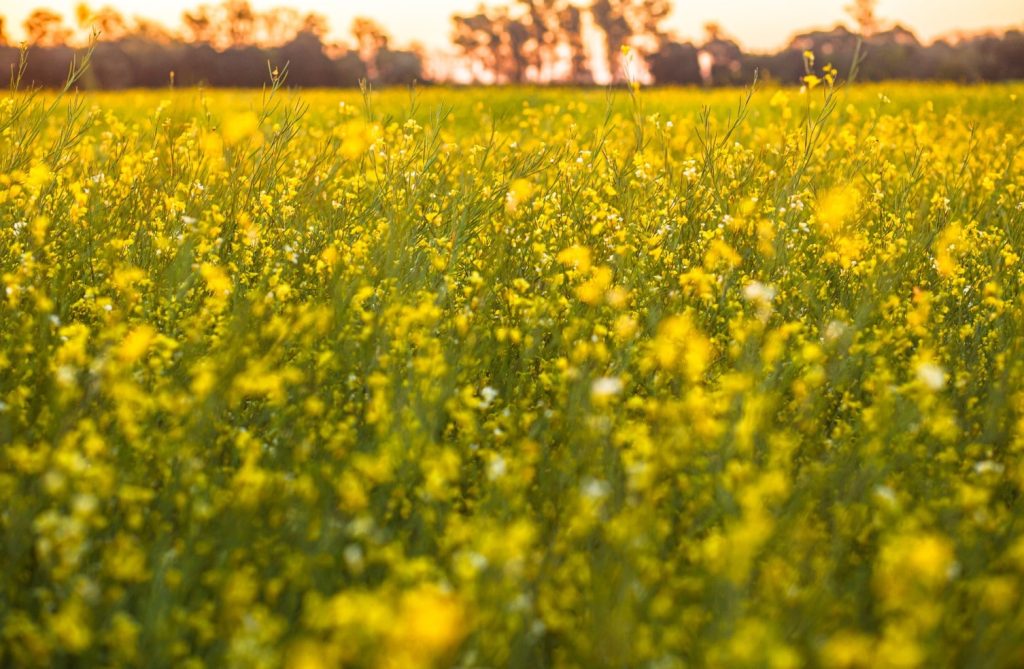The recent LMC Lipid Feedstock Outlook to 2030 sites The Advanced Biofuels Association goal of replacing 21 billion gallons of fossil fuels with biomass-based diesel (BBD) in the U.S. by 2040. The study then asks the critical question: Will there be enough lipid feedstock to meet this demand?
The short answer, according to the study’s U.S. supply analysis is yes, and assuring for food supply. Waste oils in the U.S. are an inelastic supply, having limited potential for increased growth with most supplies already being collected for use. Soy oil is predicted to make the biggest contribution and have the most potential for growth in the U.S., with the expectation that more beans crushed locally will increase supply. The study also predicts sizeable growth, approximately two million metric tons of oil by 2030, in U.S. BBD feedstock to come with increased adoption of cover crops.
“The study recognizes cover crops’ potential to make an important contribution to BBD feedstock supplies and emissions reduction when used to replace fossil fuels,” explains lead of Nuseed Carinata global regulatory, Glenn Johnston. “Additionally, our certified Nuseed Carinata Sustainable Production Program quantifies required sustainable farming practices and carbon reductions that enable biofuel customers to maximize the GHG savings towards their net-zero goals.”
Farmers typically grow cover crops solely for soil regeneration benefits. Nuseed is working to increase cover crop adoption by introducing Nuseed Carinata into the Southern U.S., a non-food cover crop grown between primary crops for low-carbon advanced biofuel feedstock and soil regeneration. It’s grown using sustainable farming practices, harvested and sold for additional farm income from existing cropland.
Review the published LMC Lipid Feedstock Outlook to 2030 study.

